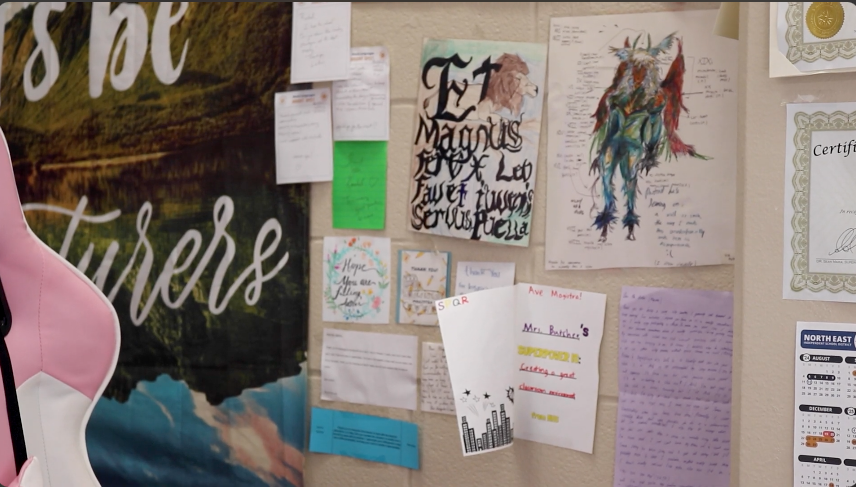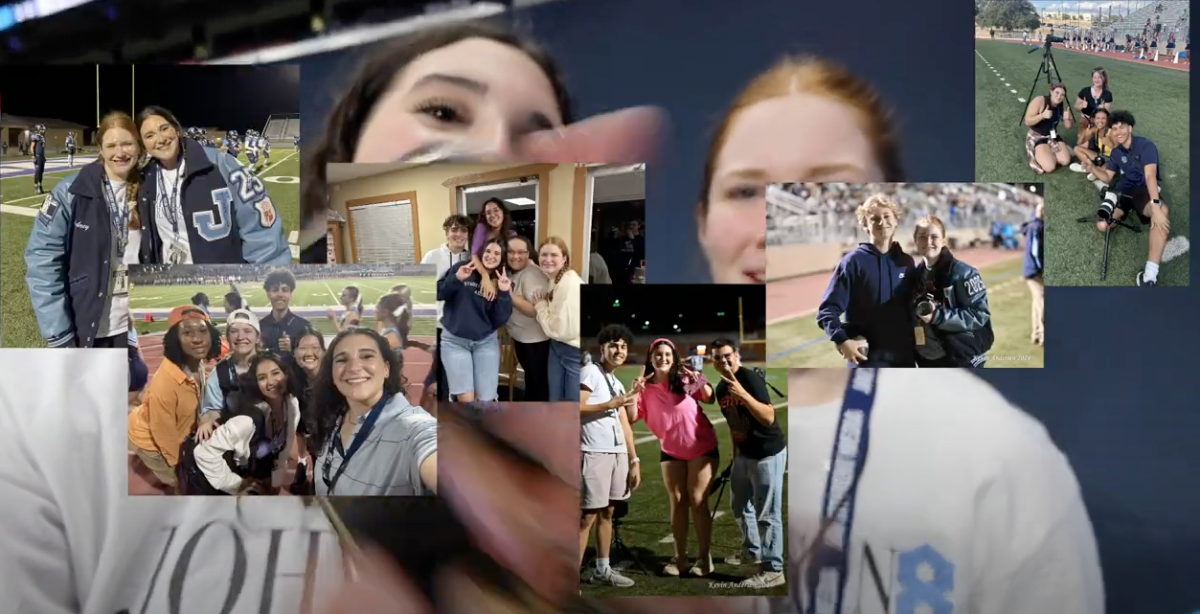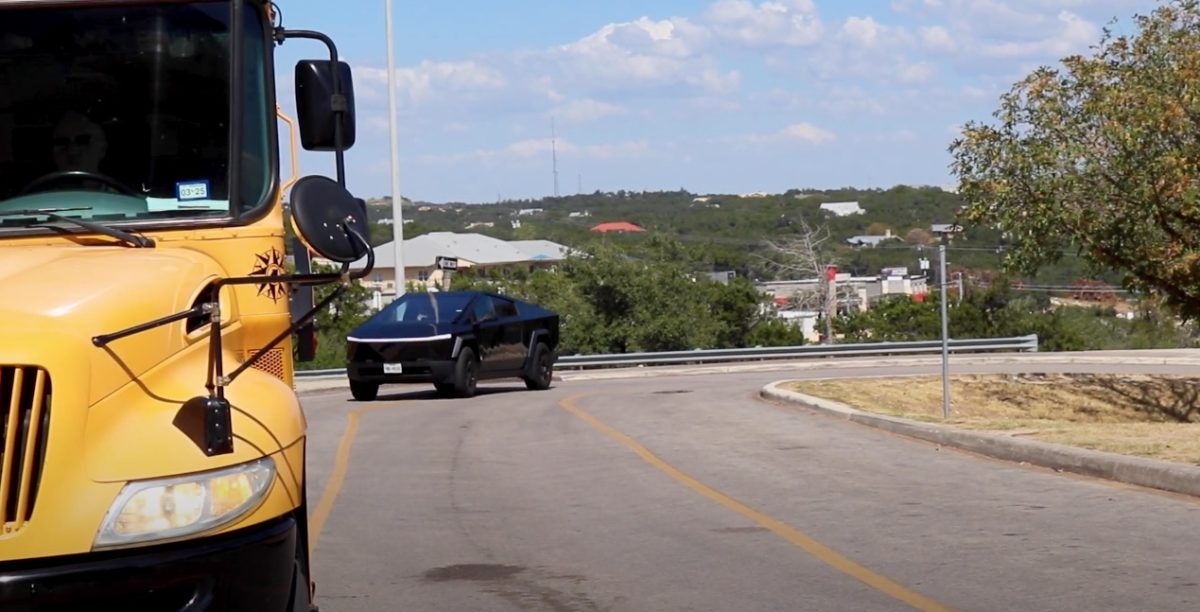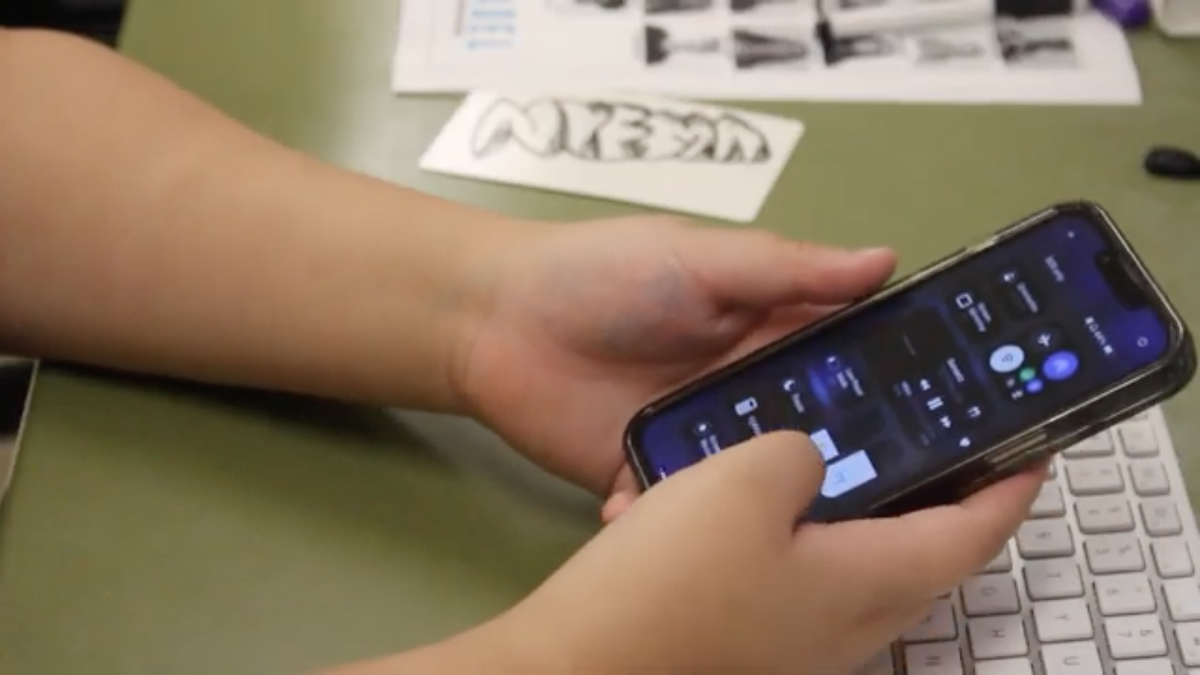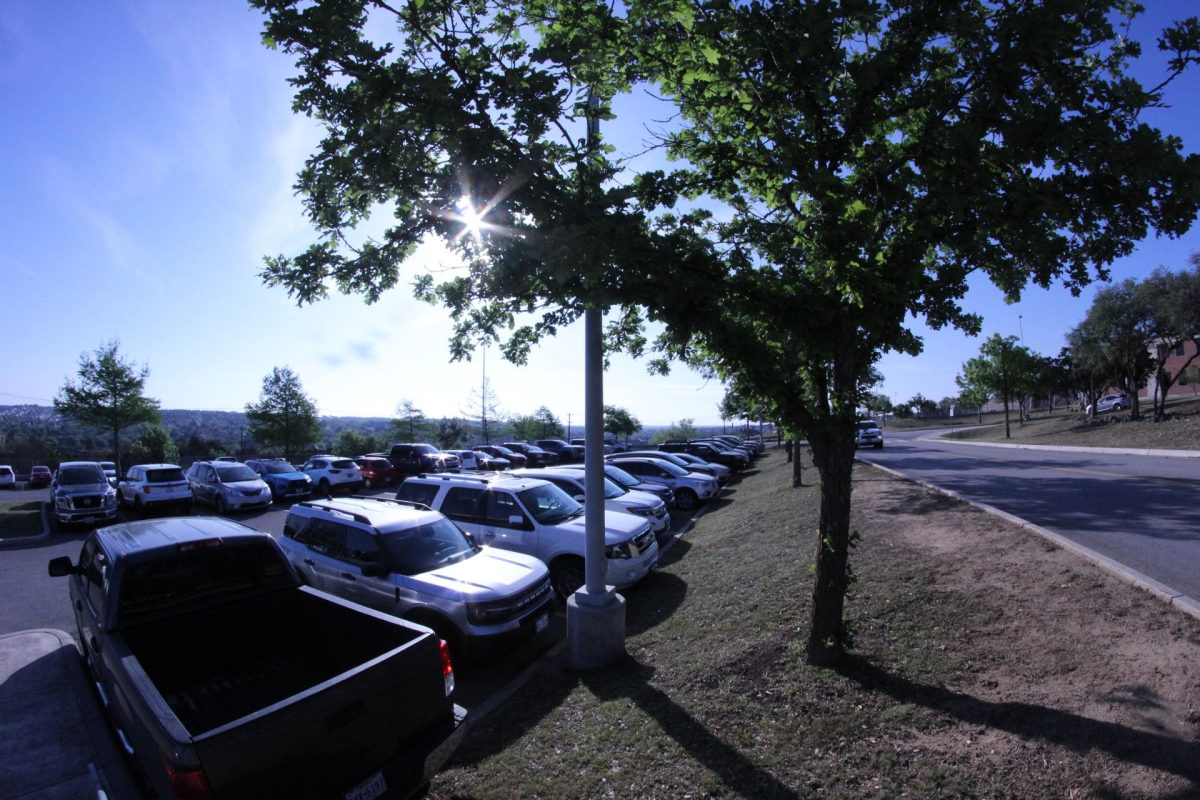by Nic Harper | staff writer
After over a year of quarantine, some students are feeling the lasting effects of social isolation.
“[Before quarantine] I used to be really loud, and I would talk to like everybody that I knew, and I would talk to like strangers, so I guess I was like really social,” junior Bella Rebolloso said. “I was more outgoing.”
 Quarantine was different for every individual who endured it. Some had ample social interaction, while for others the only interaction was with their family. Rebolloso, who has a brother with asthma, falls into the latter category.
Quarantine was different for every individual who endured it. Some had ample social interaction, while for others the only interaction was with their family. Rebolloso, who has a brother with asthma, falls into the latter category.
“[This year] I’m more introverted, I don’t like people looking at me,” Rebolloso said. “My group of friends, we used to all like get together and have so much fun and be close but now it’s different, like I just can’t be as social as I used to, I can’t communicate or get anything out about how I feel. I just got quieter and more shy and stuff.”
The first week back at school could present challenges for some individuals who went all of last year without social interaction.
“First day I was really quiet, I talked to literally nobody, people would try to talk to me but I just like couldn’t. That happened basically all the first week,” Rebolloso said. “Freshman year I made so many new friends on the first day, and now I’ve made like two.”
Bella isn’t alone in dealing with the repercussions of prolonged isolation. Senior Ryan Kuhle, who also spent quarantine with little interaction outside of his direct family, has had a similar experience.
“I’m a lot more quiet and I speak a lot less,” Kuhle said. “For example, before, if I like knew the answer to a question I would tell the teacher, but I don’t do that very often anymore, so that’s probably the biggest change. I’m a lot more quiet, more reserved I would say.”
Despite these current challenges, Kuhle has a rather optimistic view as to what the future has in store.
“I’m pretty confident that everything is just going to return to normal after a month or two of interacting with other people,” Kuhle said. “I don’t see this being a long term problem or change, I think it’s gonna be something that self corrects after interacting with others for a couple of months.”


